
I’m a neuroscientist sharing ways to build a healthier brain | Physician | PhD Candidate | Join 130k+ readers → https://t.co/ElJjxPFLot
2 subscribers
How to get URL link on X (Twitter) App

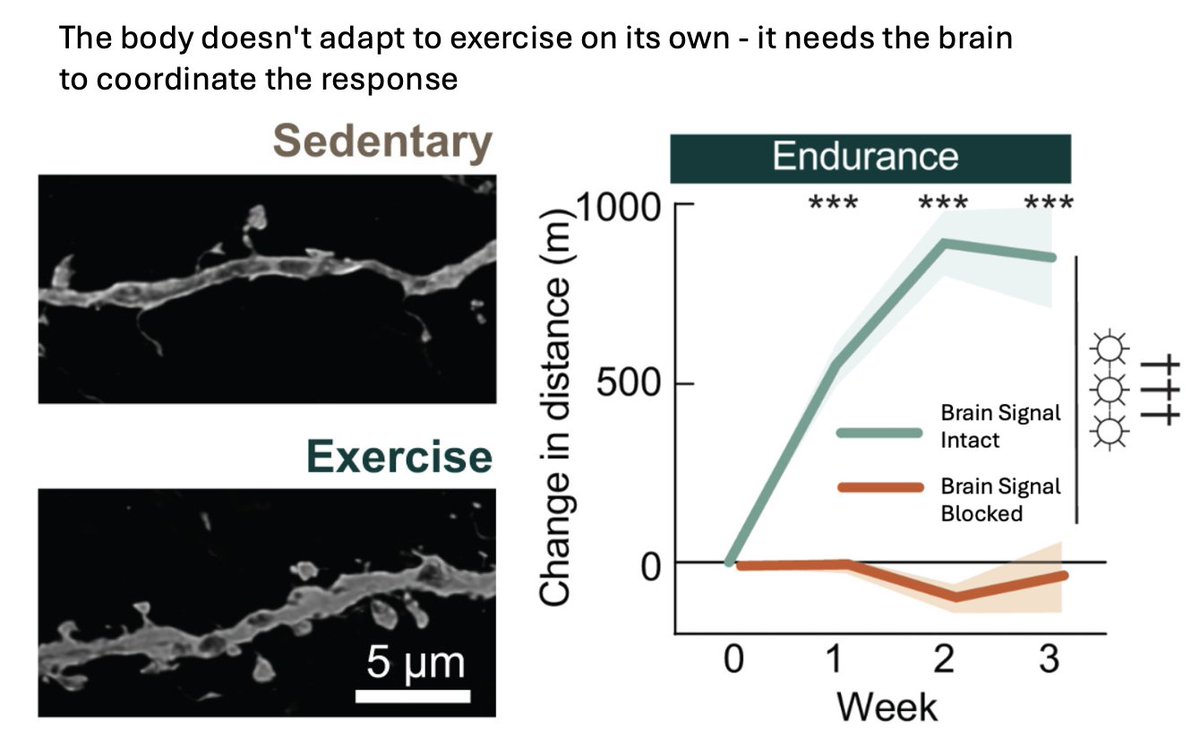
 The standard model of fitness: you exercise -> muscles get damaged -> they repair stronger.
The standard model of fitness: you exercise -> muscles get damaged -> they repair stronger.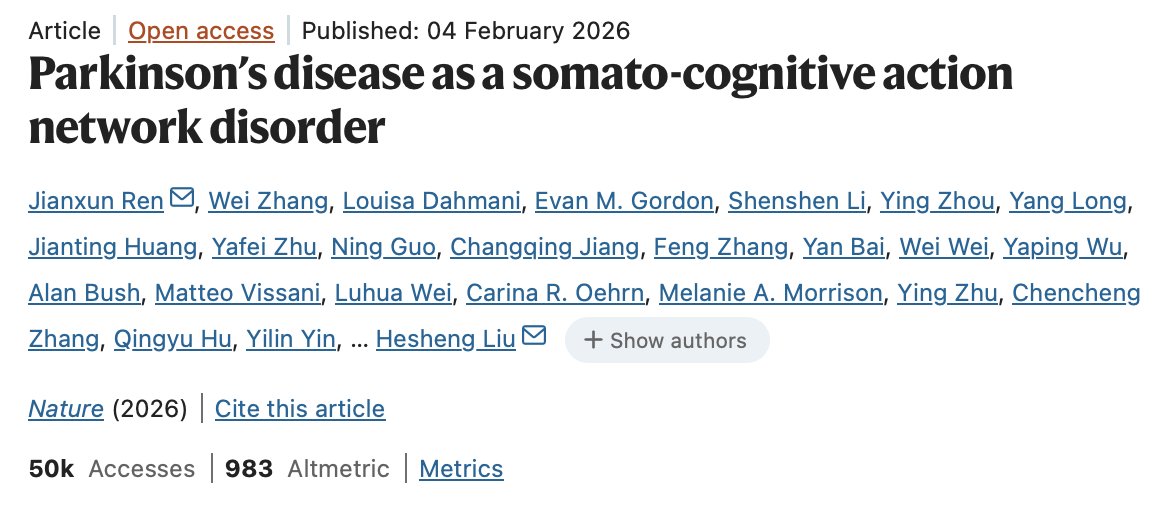
 Parkinson's is called a "movement disorder." But it never really fit.
Parkinson's is called a "movement disorder." But it never really fit.
 First, some context. Two proteins build up in Alzheimer's brains: AMYLOID and TAU.
First, some context. Two proteins build up in Alzheimer's brains: AMYLOID and TAU.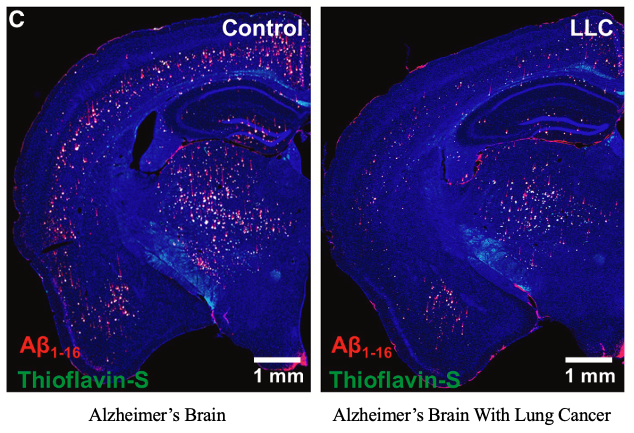
 For decades, doctors noticed something strange: cancer and Alzheimer's rarely appear in the same person.
For decades, doctors noticed something strange: cancer and Alzheimer's rarely appear in the same person.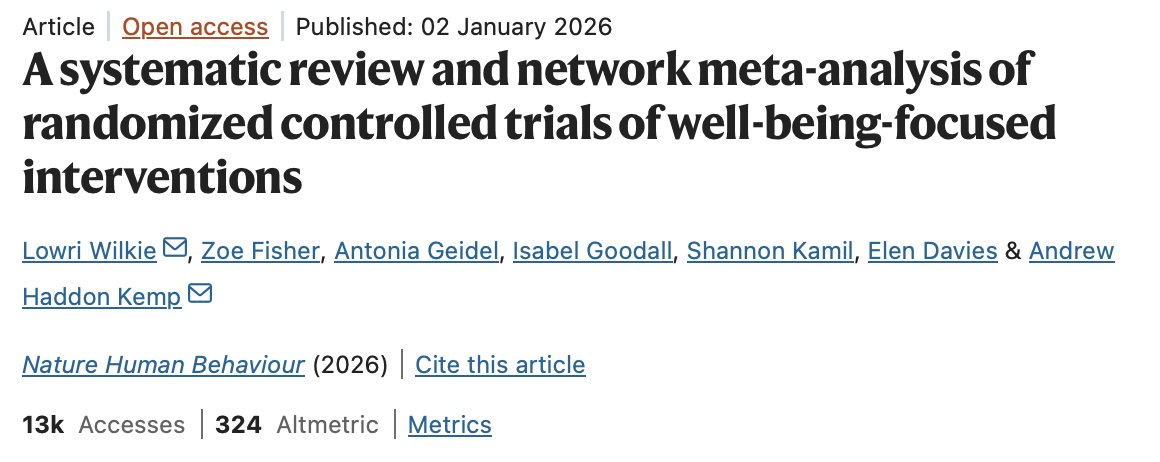
 2. Yoga
2. Yoga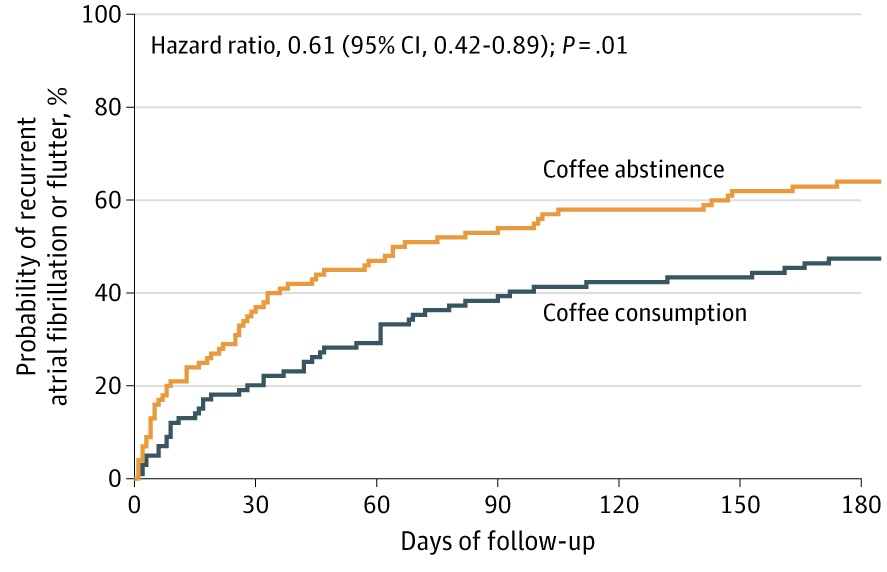
 Doctors frequently tell heart patients to reduce their coffee intake (13-19% in this study had been given that warning).
Doctors frequently tell heart patients to reduce their coffee intake (13-19% in this study had been given that warning).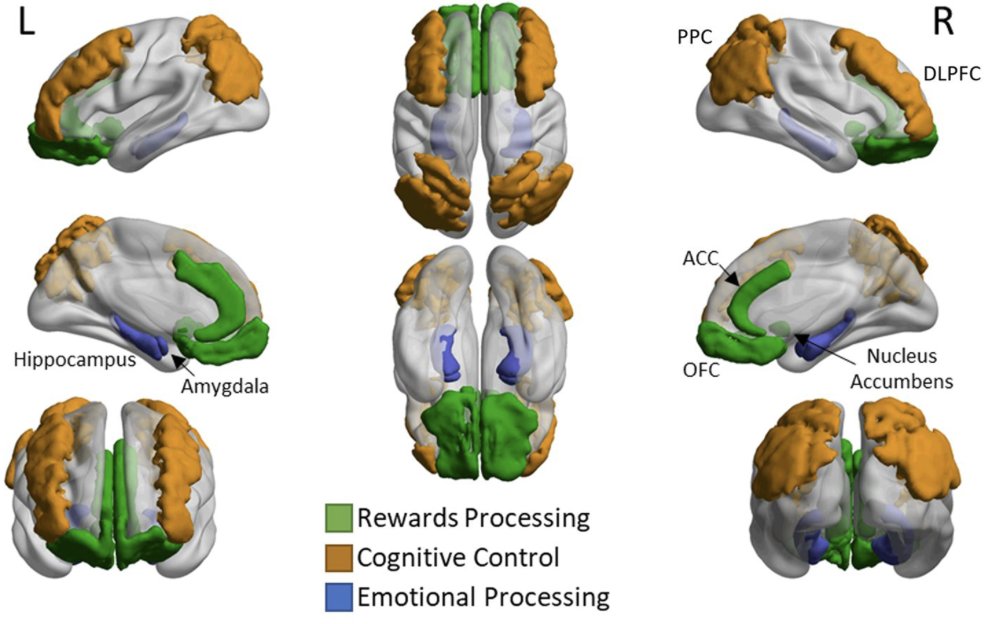
 90% of toddlers under 2 use screens regularly. Average 2-3 hours daily.
90% of toddlers under 2 use screens regularly. Average 2-3 hours daily.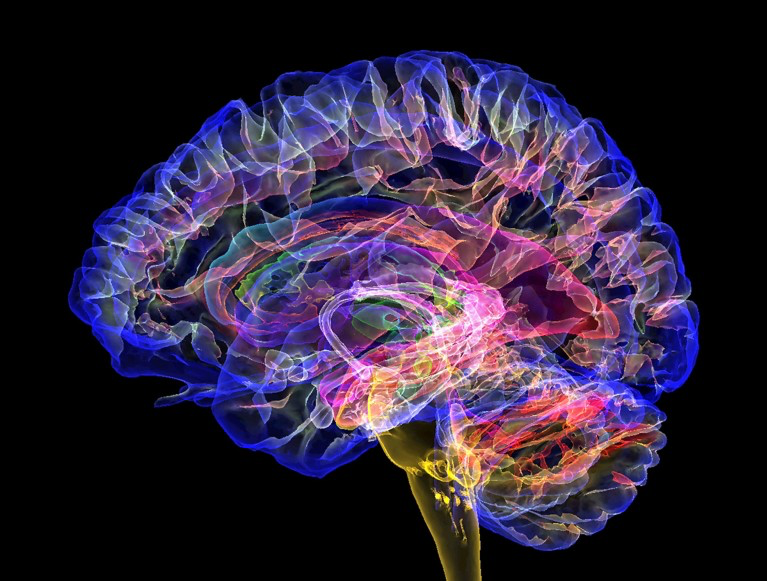
 2. Sleep 7-9 hours nightly.
2. Sleep 7-9 hours nightly.
 Waking at 7am on weekdays and noon on weekends? You're giving yourself 5-hour jet lag twice a week.
Waking at 7am on weekdays and noon on weekends? You're giving yourself 5-hour jet lag twice a week.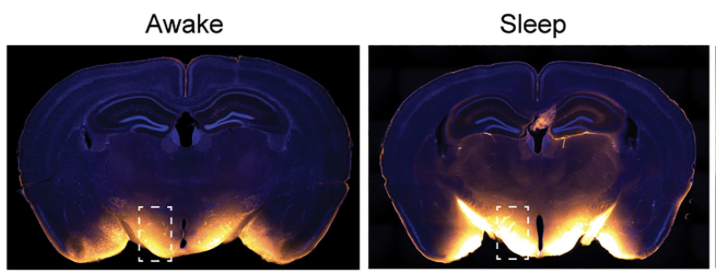
 We've known for years that sleep clears toxic waste from the brain (amyloid, tau - proteins linked to Alzheimer's).
We've known for years that sleep clears toxic waste from the brain (amyloid, tau - proteins linked to Alzheimer's).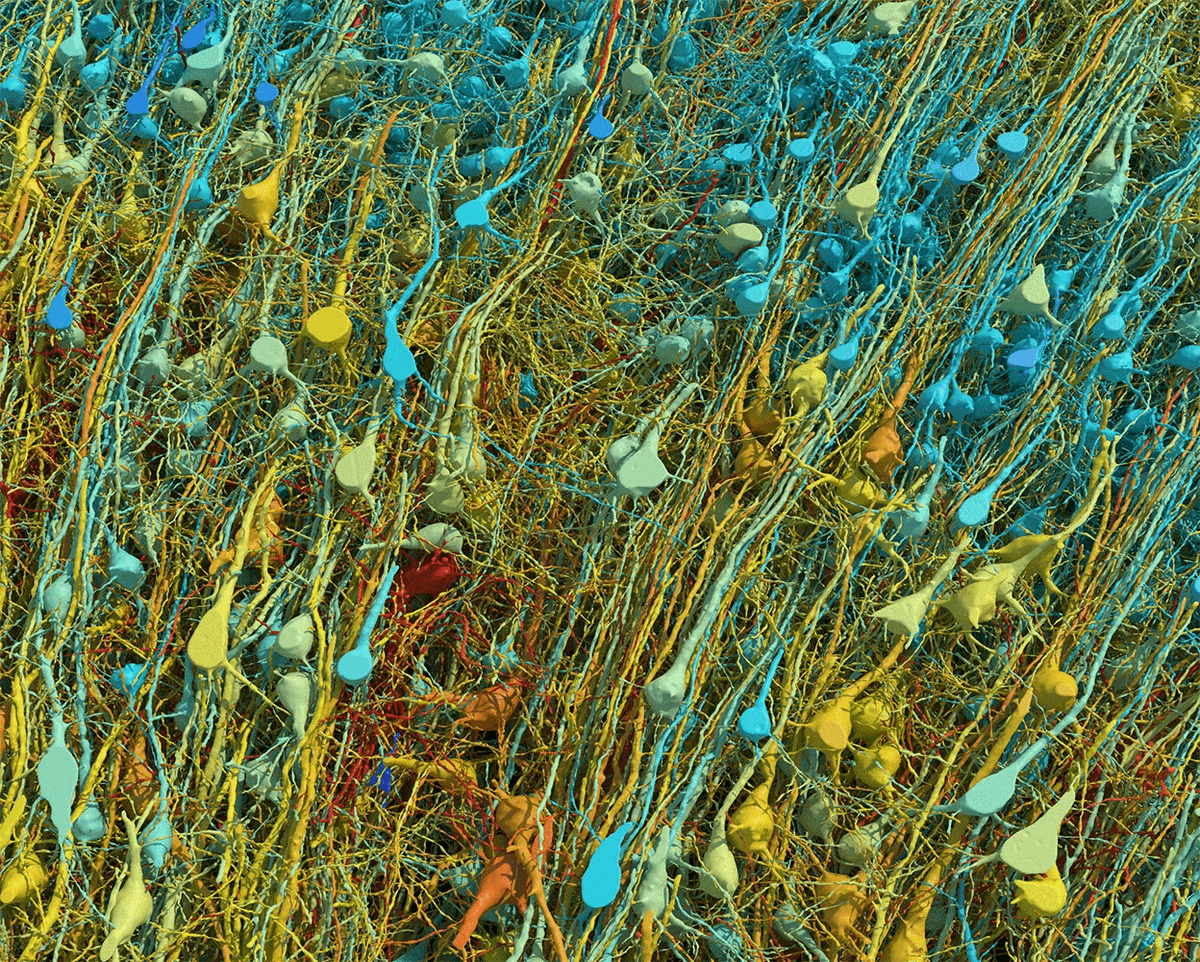
 1. Exercise 30 Minutes, 3x Weekly
1. Exercise 30 Minutes, 3x Weekly